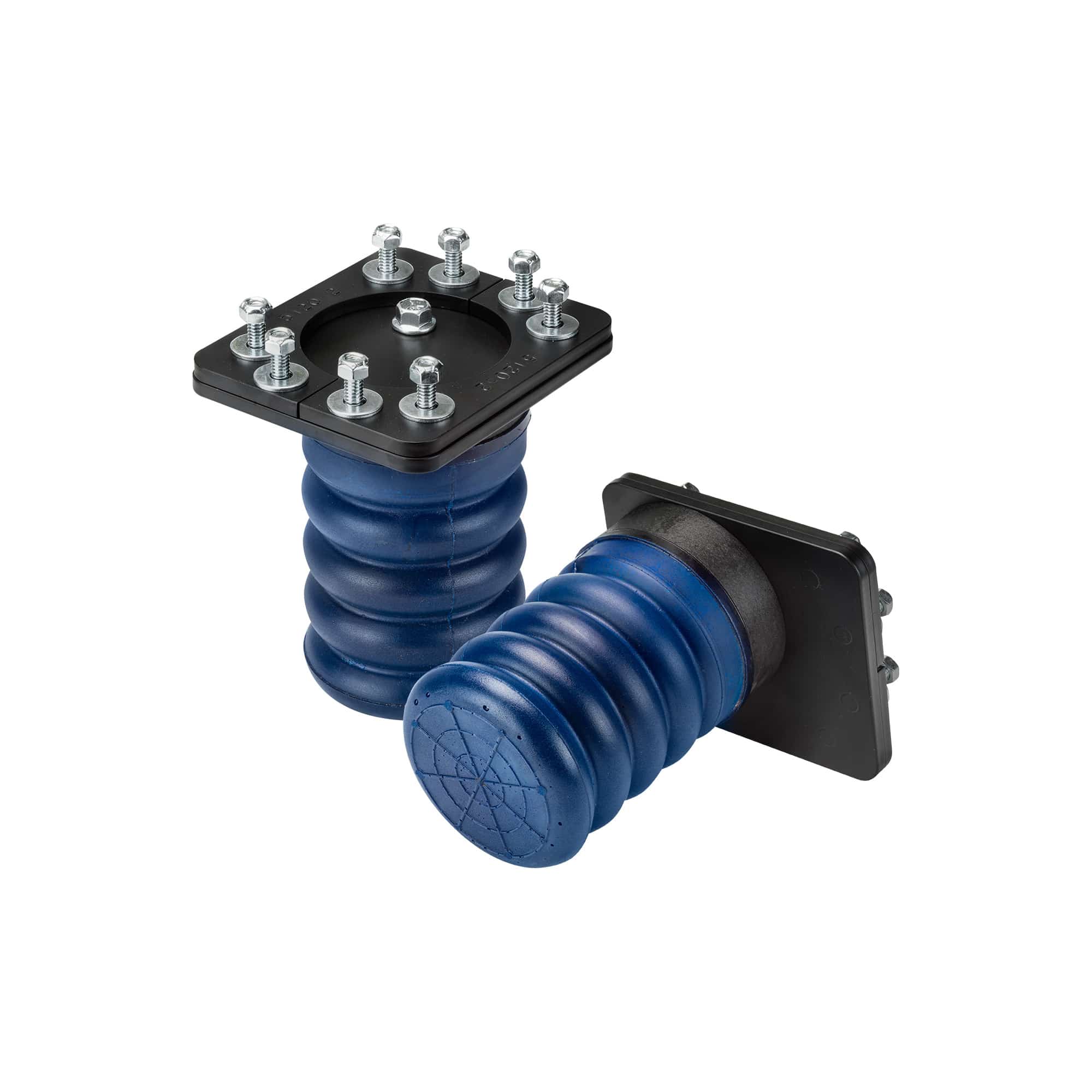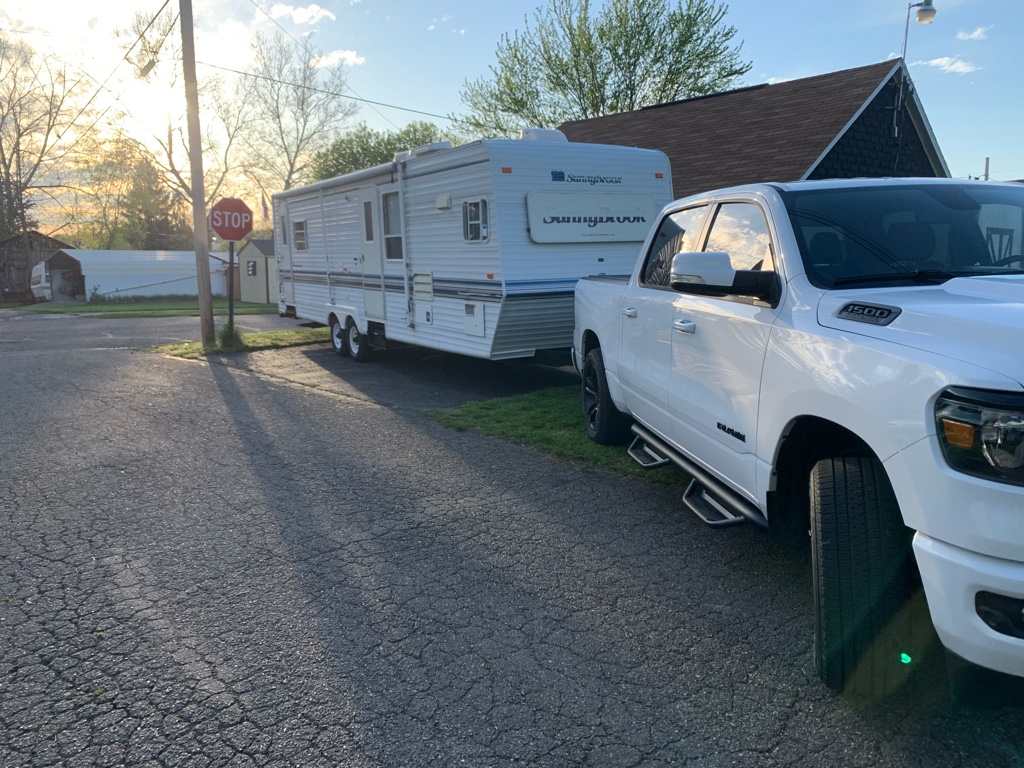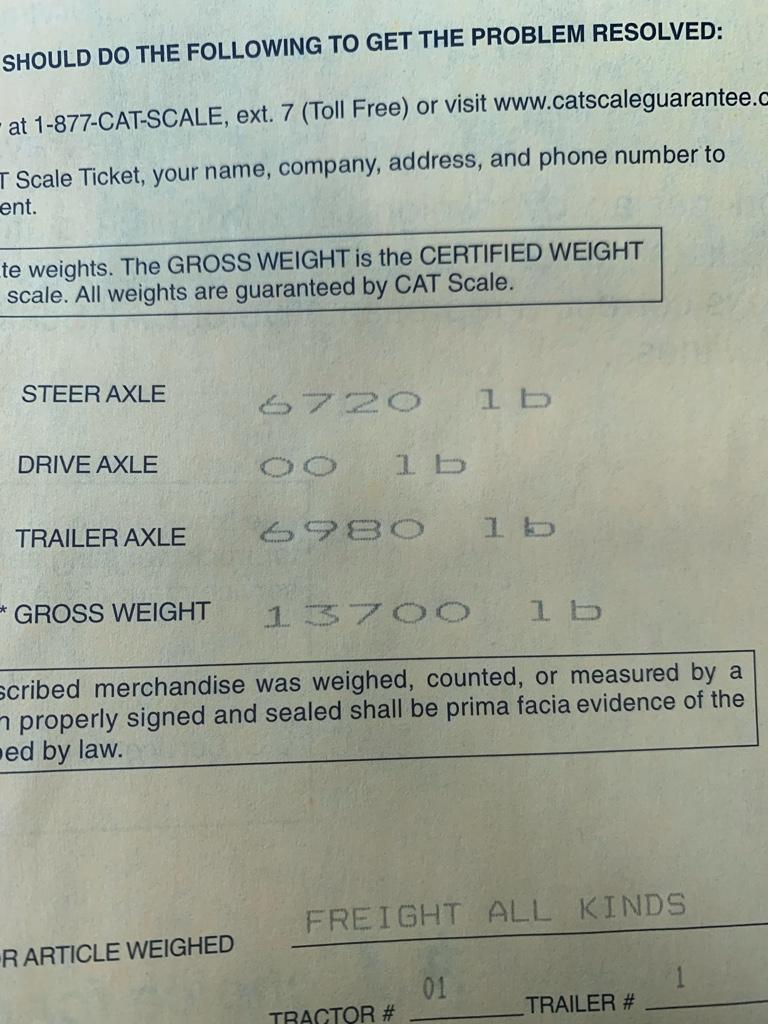NDanecker
Well-Known Member
The reason why I avoid "more unsafe than X" type arguments is because we're not talking about X and it is often cherry picked to give weight to the real argument the guy is trying to make. So you post "driving over the speed limit is unsafe". Again, cherry picked, technically it's true but you picked that example to try and bolster your argument.
Myself I would sooner compare it to "driving while under the influence". Your argument then is basically: "I, as an experienced drinker who regularly drives after having had some drinks, am safer than my kid who has never driven under the influence but is just starting to learn how". I mean, there might be some truth to it, the more you experience driving while intoxicated, the more you might learn to cope with it and work around it. But it's still a very bad idea.
See why I avoid this type of argument? You pick "driving over the speed limit" to show how banal and silly my worry is, and I pick "driving while intoxicated" to prove how worrisome and wrong your behaviour is.
In the end, we're not talking about speed limits or intoxication, we're talking about overloading a truck past the manufacturers ratings. It is never advisable, and should never be so carelessly approved and admitted on a public forum where other people get the wrong impression.
If you avoid these arguments then why do you keep posting responses?
I agree. You can cherry pick analogies to make a debate look favorable to one side or the other. But I digress....
You feel a truck/trailer setup that is at or below the mfg specs to be safe, and one that is 10 lbs over to be unsafe, careless, reckless and similar to DUI. I respectfully disagree.





















